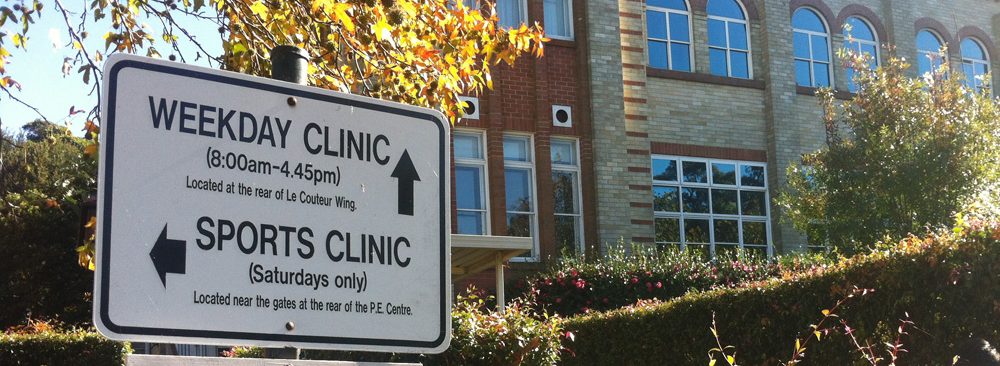When you are sidelined…
Being injured or told you can no longer play certain sports can make an athlete feel that they have lost their sense of identity.
I always remember my own son stating how in Year 9 he had finally settled into his high school! I was very surprised as I thought he had been quite happy in Years 7 and 8 (although there was that time he came home with a black eye, but that’s another story!). Apparently in Year 9 he became known as ‘the surfer’ and that really helped him find his place amongst his peers; so a sense of identity, I have learned, is very important.
Players give so much time to their sport that to have it taken away without warning often in a few seconds can leave a painful void in their lives. It’s a traumatic experience. Some fear that they won’t return to their beloved sport while at the same time on their return, they worry about re-injury and need confidence building.
Coping with an injury or condition is difficult for the athlete but also for the family and friends. Parents will go through a whole range of emotions like guilt, fear and hopelessness, while at the same time trying to help their son with his own feelings. Friends can feel like they are in an awkward position as they are still playing and enjoying the sport while also feeling sad that their mate is on the sideline.
Here are some positive psychology strategies you can use to help you get through (taken from various websites):
- Allow yourself some time to acknowledge your injury. Let it sink in. Be angry, sad, frustrated, anxious, down in the dumps, whatever, but then consciously decide to move on from there. Take responsibility for your recovery.
- Learn as much as possible about your injury, how it’s treated and what the rehab process is. Knowing more helps you understand your condition, so you know what to expect and this gives you a sense of control.
- Stay positive. Self-talk is important – avoid the ‘why me’ question or the ‘why now’. Instead focus on the positives.
- Stay involved with your sport and your team. Maybe you can do another task, assist the coach, take photos,etc.
- Use your mind to help heal your injury. Research has suggested that visualising a positive outcome using all your senses helps you achieve it.
- Keep positive people around you. Talk to your family, coach, mentor, friends and get professional help if you feel you can’t cope.
- Set realistic goals and commit to the rehab so you maintain your fitness while injured. Maybe keep a blog or vlog – it might help others as well as you.
- Listen to your body. Remember that good sleep and a balanced diet helps your body recover.
So it’s important we not only look after the physical aspects of recovery, or the coming to terms with a diagnosis but also do things that bolster the spirit and strengthen the mind.
Sister Margaret Bates
College Nurse






